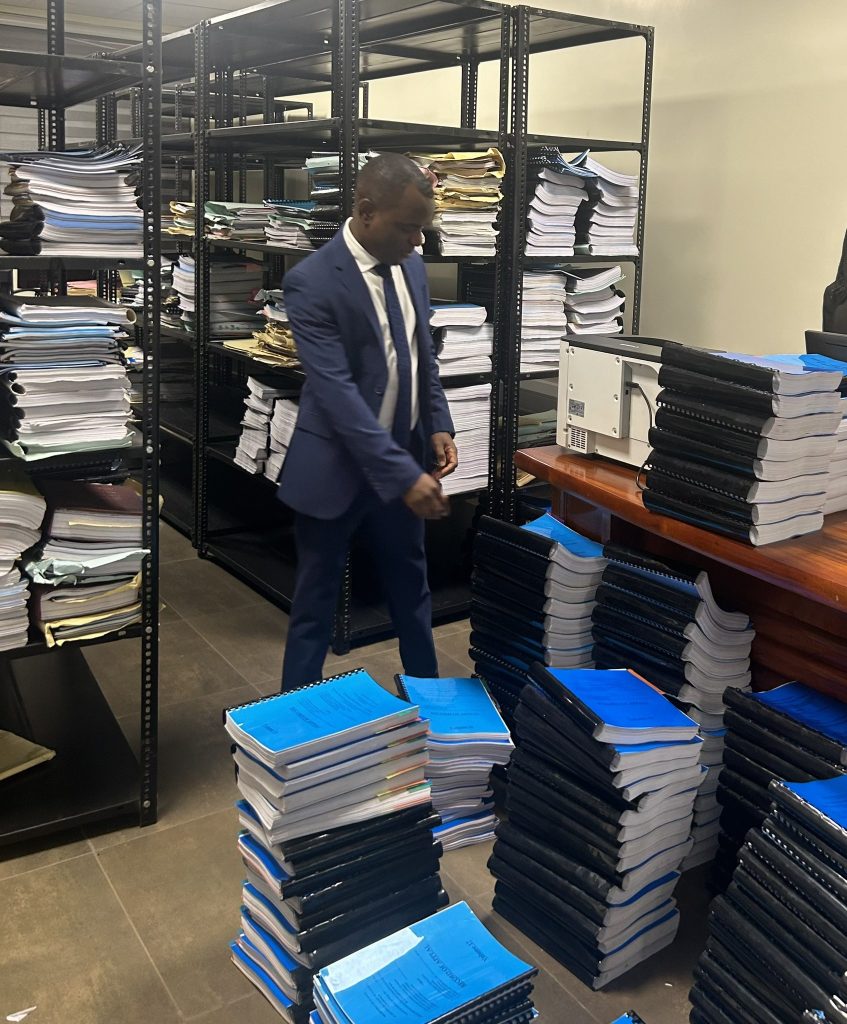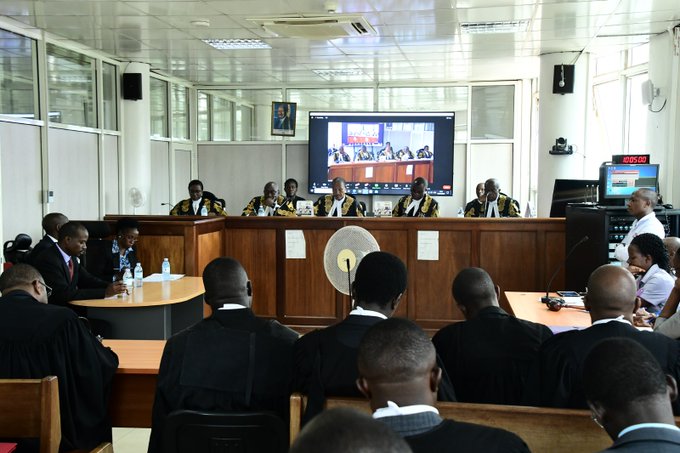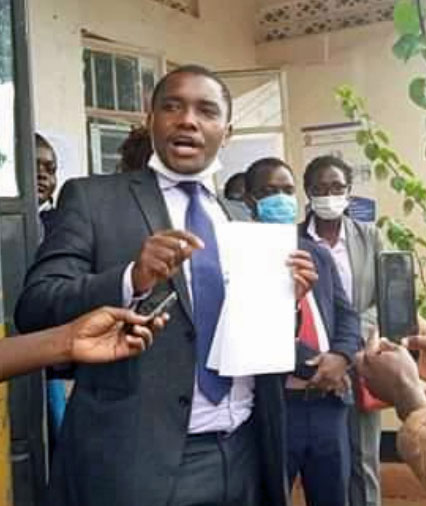Uganda’s Anti-Homosexuality Act challenged at Supreme Court
Joto La Jiwe is a Ugandan correspondent for the African…
Anti-Homosexuality Act has led to increased violence against queers in Uganda

Following months of preparations, the long-awaited joint appeal to the Supreme Court of Uganda against the Anti-Homosexuality Act (AHA) was formally lodged on July 11 by 22 parties who were dissatisfied with the Constitutional Court ruling that upheld AHA in April.
Although the Constitutional Court nullified a few sections that it said were inconsistent with rights to health, privacy, and freedom of religion, the judges allowed the bulk of the law to stand, claiming that it was enacted to protect the children and the most vulnerable people in society.
The 22 appellants, who include Human Rights Awareness and Promotion Forum (HRAPF), lawmaker Fox Odoi, and journalist Andrew Mwenda, challenge the manner in which the Constitutional Court evaluated the evidence before it and based its reasoning on unsubstantiated allegations like recruitment of children and promotion of homosexuality.
Thirteen grounds of appeal were raised in the Memorandum of Appeal, four of which relate to the procedure leading to the passing of the law such as the biased conduct of the Speaker of Parliament and the lack of adequate and meaningful public consultation. The other grounds relate to the substantive sections of the AHA, whose enforcement undoubtedly violates several human rights guaranteed under the Constitution of Uganda.

Since the passing of the AHA, hundreds of human rights violations have been recorded against individuals on the basis of their actual or perceived SOGIE. HRAPF alone has documented 602 cases affecting 807 individuals from May 2023 to June 2024.
Human rights advocates have welcomed the appeal with messages of support and hope.

“Now the ball is back in the courts’ coat!” HRAPF executive director Adrian Juuko tweeted.
Hillary Taylor, a rights activist based in the U.S., tweeted, “Folks, it’s not over! we’re fighting back to repeal the draconian anti-homosexuality law in Uganda. It’s s time for the Supreme Court to either put human rights first and nullify the harsh & barbaric law or shred the constitution.”
“The Constitutional appeal challenging the Ugandan Constitutional Court’s decision to uphold vast sections of the Anti-Homosexuality Act has been filed at the Supreme Court today. We will wait for the Supreme Court’s directions and are optimistic for an expedited hearing of the case,” says Nicholas Opiyo, a human rights lawyer who is part of the legal team that filed the appeal.
“This is the next step in our demand for this horrific law to be thrown out and for our rights under the constitution of Uganda to be respected and protected,” says Clare Byarugaba of Chapter Four. “We have lived with the violence and discrimination of this law and it is high time the justices to see the error in the ruling of our Constitutional Court.”
“The only remedy is for the law to be found null and void. There is no part of this law that is constitutional substantively or procedurally. There is no way to mitigate the violence and discrimination it has prompted in our communities” Frank Mugisha from Sexual Minorities Uganda.
Striking down the AHA will come as a sigh of relief not only to the LGBTQI+ community and human rights advocates, but to the regime, which has come under fire from the international community with various governments and agencies taking actions that have cost the regime crucial funding.
The World Bank halted further financial support to Uganda until safeguards for LGBT staff are enacted.




